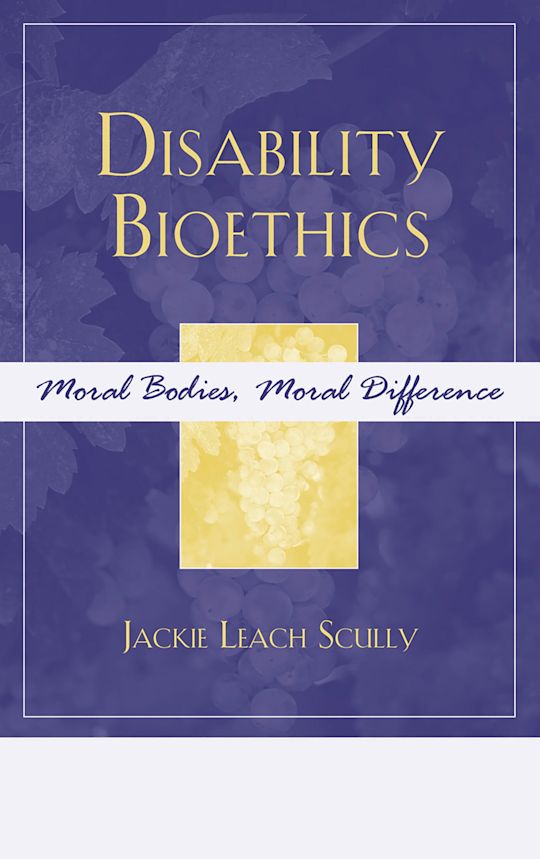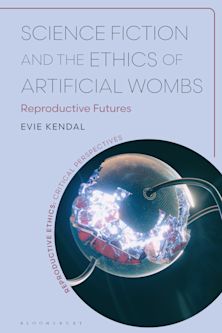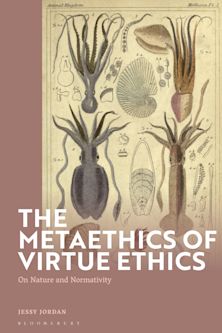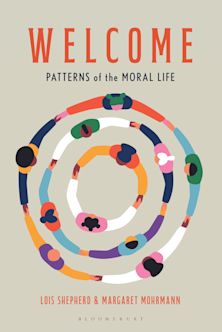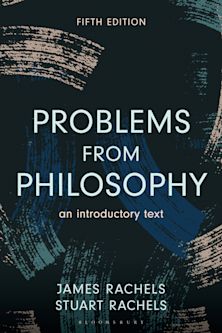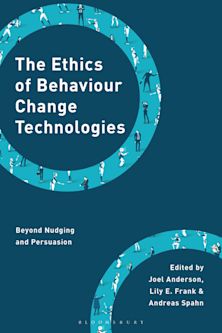- Home
- ACADEMIC
- Philosophy
- Ethics and Moral Philosophy
- Disability Bioethics
Disability Bioethics
Moral Bodies, Moral Difference
Disability Bioethics
Moral Bodies, Moral Difference
This product is usually dispatched within 2-4 weeks
- Delivery and returns info
-
Flat rate of $10.00 for shipping anywhere in Australia
You must sign in to add this item to your wishlist. Please sign in or create an account
Description
Jackie Leach Scully argues that bioethics cannot avoid the task of considering the moral meaning of disability in humans - beyond simply regulating reproductive choices or new areas of biomedical research. By focusing on the experiential and empirical reality of impairment, and drawing on recent work in disability studies, Scully brings new attention to complex ethical questions surrounding disability. Impairment is variously considered as a set of social relations and practices, as experienced embodiment, and as an emancipatory movement, as well as a biomedical phenomenon. In this way, disability is joined to the general late-twentieth century trend of attending to difference as a significant and central axis of subjectivity and social life.
Table of Contents
Chapter 2 Chapter Two: Conceptualizing Disability
Chapter 3 Chapter Three: Exploring Moral Understandings
Chapter 4 Chapter Four: Different by Choice?
Chapter 5 Chapter Five: Thinking Through the Variant Body
Chapter 6 Chapter Six: Narratives of Disability: Models and Mentors
Chapter 7 Chapter Seven: Political Recognition and Misrecognition
Chapter 8: All Clues and (some) Solutions
Product details
| Published | 15 Aug 2008 |
|---|---|
| Format | Hardback |
| Edition | 1st |
| Extent | 212 |
| ISBN | 9780742551220 |
| Imprint | Rowman & Littlefield |
| Dimensions | 241 x 161 mm |
| Series | Feminist Constructions |
| Publisher | Bloomsbury Publishing |
About the contributors
Reviews
-
Disability Bioethics brings together important insights from disability studies, feminist theory, and bioethics to create an integrated, original analysis into a range of ethical questions that arise in the context of medical approaches to disabilities. Scully's expertise in diverse approaches to philosophy, biology, and feminist thought ensure careful and critical engagement with multiple approaches to the complex questions that surround the place of disabilities and people who are disabled in society, in medicine, and in science. The book moves questions concerning disabilities from the margins to the center of bioethics and makes clear how important it is that we understand how deeply assumptions about disability run in many current debates. Challenging the superficial treatment of ethical issues concerning disability that is prevalent in bioethics, Scully adopts the perspective of feminist disability ethics to show how important it is to begin bioethics from the reality of disabled lives.
Susan Sherwin, Dalhousie University
-
In her wise, clear, and careful book, Jackie Leach Scully takes her place among the leaders of a second wave of disbility theory.
The New England Journal Of Medicine
-
The detailed and reflective description of disability as a factor in shaping moral identity, and the consideration in the concluding chapters of the formation of groups with similar limitations as political or cultural communities, make this a unique and creative contribution to the moral issues of life with disabilities. This book will be valuable to professionals and individuals dealing practically with living in "different bodies." Very thorough bibliography and index. Highly recommended.
Choice Reviews
-
This book operates at the intersection of three debates: bioethics; biomedicine; and disability/Deaf studies. It is an excellent introduction for bioethicists and others who are unfamiliar with the challenge posed by disability studies. Not least because she is unafraid to deploy autobiography as part of her intellectual toolbox, Scully's personality comes through the pages of this book: accessible, thoughtful, with a dry wit. Scully is one of the deeper thinkers in contemporary disability studies, eschewing radical rhetoric in favor of detailed readings and carefully constructed arguments.
Metapsychology Online
-
Both provocative and sound - a thoughtful exploration of the way(s) in which understanding disability illuminates our broad understanding of human biology and its processes, by a scholar with expertise in both fields.
Anita Silvers, San Francisco State University

ONLINE RESOURCES
Bloomsbury Collections
This book is available on Bloomsbury Collections where your library has access.









